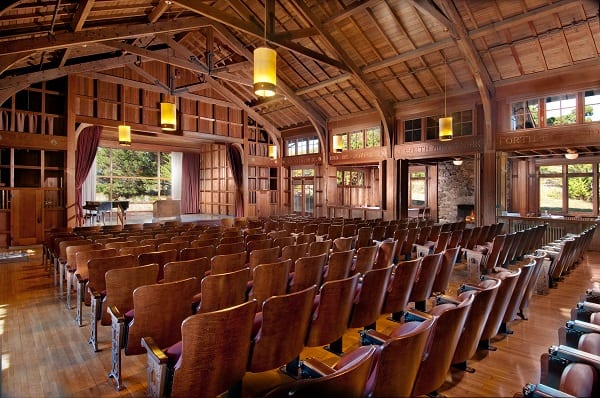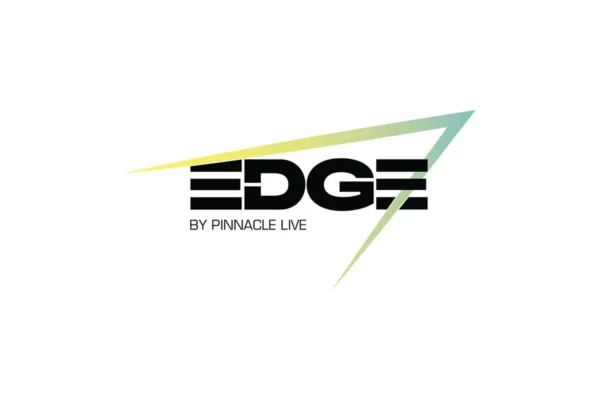Meeting and event planners’ days consist of making countless decisions from venue and equipment to decorations and team building activities. Now at the top of their list of considerations is environmental sustainability.
Planning and executing a ‘green’ function is becoming far more commonplace with companies looking to improve their environmental footprint and ultimately cut costs. Meetings produce an exorbitant amount of waste, whether it’s food, energy, water or even paper.
According to the EPA, in 2012, Americans generated about 251 million tons of trash and recycled and composted almost 87 million tons, a 34.5 percent recycling rate. While great strides are being made in conservation, much more can be done. Meeting and event planners can really make their mark simply by asking the right questions when booking a venue.

The staff at Asilomar Conference Grounds, a property in Pacific Grove, Calif., committed to green business practices in all facets of its operation, offer event planners a list of six considerations when selecting a conference location.
- Certified Green Business – Does the property hold an ISO 14001:2004 environmental certification? This shows a facility’s strong commitment to sustainability efforts and green practices.
- Energy consumption – What is the property doing to conserve energy? For example, at Asilomar the entire property uses CFL fixtures or is upgrading to LED lighting. They have also installed occupancy sensors around the property.
- Water conservation – How aggressive is the property with regards to saving water? In areas like California, it is key. Properties like Asilomar are using large containers for drinking water for conference attendees rather than individual bottles. They encourage the use of reusable bottles and water fountains are filtered for refilling.
- Waste management – Meeting planners should inquire about a property’s means of disposal. Are there composting and recycle bins around property and in the rooms? Are the restaurants on property composting?
- Responsible purchasing – Green properties should be using biodegradable and non-toxic cleaning products. Cloths napkins should be used as opposed to paper. Marketing collateral that must be printed should be printed on 100 percent FSC certified and recycled paper stock along with vegetable-based inks. Asilomar follows these protocols along with many others including not accepting containers or packaging materials made from Styrofoam.
- Sustainable food – The restaurant should have a plan in place to offer sustainable meals. This means sourcing ingredients from local farmers and vendors. Is the property participating in local sustainable food initiatives like State of California’s Health Foods Initiative or Monterey Bay Aquarium Seafood Watch Program? Do they strive to use local and organic ingredients whenever possible?
Contributed by Mairead Hennessy, district manager for Aramark at Asilomar Conference Grounds






























